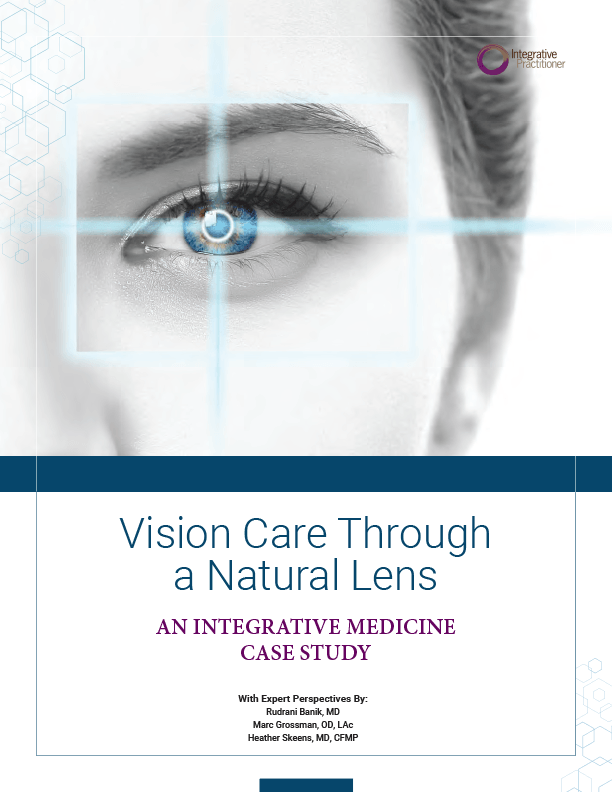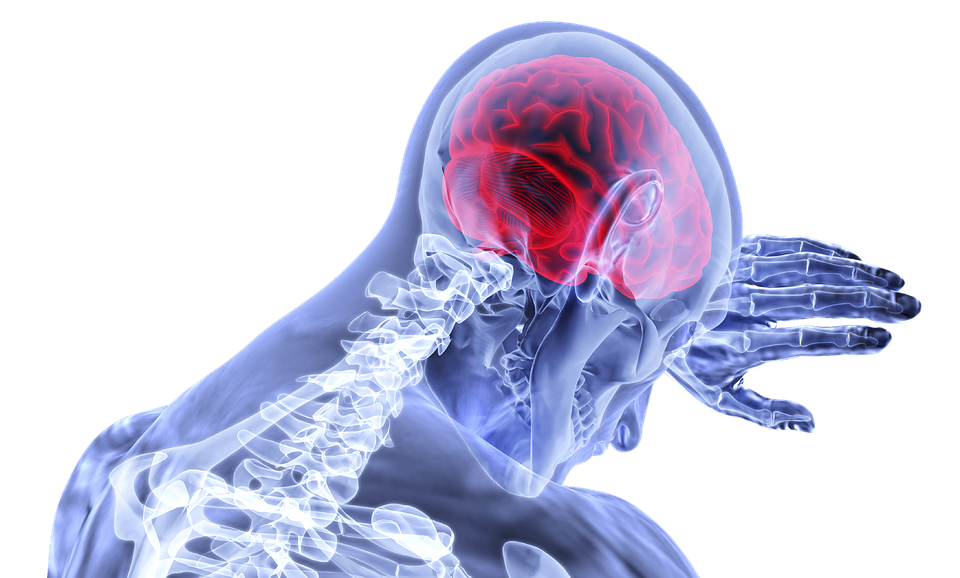Filters
Product Categories
Adaptogens, Herbs, and Nootropics for Brain Health

This edition of the Integrative Practitioner Digital Summit focuses on environmental medicine.

This issue highlights integrative approaches to the novel coronavirus (COVID-19) and keeping patients, practitioners, and businesses resilient amid a global pandemic. Included in this issue:
- Managing depression post-COVID-19
- How pandemic impacts sleep and behavior
- Enhancing immune system function with food
- Culinary herbs and teas for immune support
- Nutrition support and supplementation for immune function
- Helping patients handle stress
- Coping with social isolation for practitioners and patients

Neurodegenerative conditions, including Alzheimer’s and Parkinson’s disease are having an ever-increasing impact on society. Despite the recent emergence of novel and effective interventional protocols, by and large attention dedicated to utilization leading edge research in the development of preventive programs remains virtually absent from medical discourse.

Clinical and Business Applications of Bovine Colostrum

Using Circadian Rhythms to Optimize Health

When it comes to eye health, many patients don’t pursue care until something goes wrong and they need an ophthalmologist for treatment. From a practitioner standpoint, conventional eye care focuses mostly on addressing acute symptoms, correcting impairments with a prescription and updating annually until vision changes slow or disease develops requiring surgery. Natural, preventative approaches in the eye care world are lesser known.

Presented by: Peter Osborne, DC, DACBN, PSCD
Grains are one of the most highly recommended staple foods in the world. Over the past 20 years, the gluten free diet trend has skyrocketed, but the contribution of grain to modern neurological diseases (brainflammation) goes much deeper than gluten alone. In essence, going gluten free is often times not enough for patients to experience recovery.

Presented by: Ann Haiden, DO
As clinicians, we all see patients who present with a wide array of confusing multi-system symptoms and frustrating intolerances, diagnostic challenges, and previous treatment failures. Symptoms can present as neurologic, neurovascular, mood, or stress related components, often in the setting of gut symptoms. Is there something that can tie many of these symptoms together? Mast cell activation syndrome or disorder is worth considering in these cases. This session will review brain mast cells, microglia, and mood disorders; neurologic, neurovascular, and neuroinflammation symptoms including migraine, stroke, cognitive impairment, multiple sclerosis, and Parkinson’s disease and POTS; stress conditions; the brain-gut connection; the mitochondria; and current evidence for practical approaches to diagnosis and treatment with an emphasis on lifestyle and natural restorative methods.



















